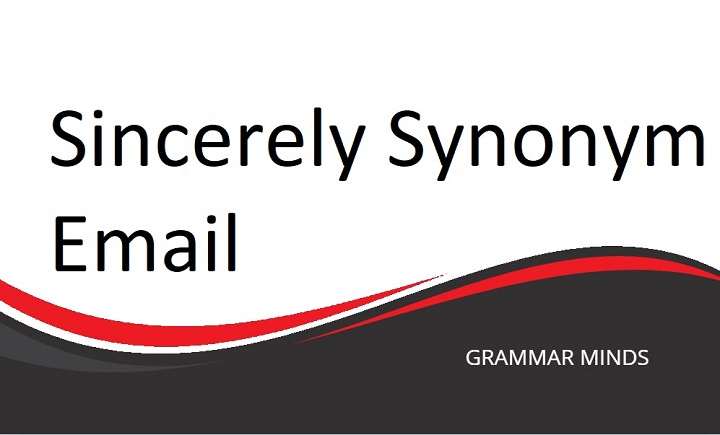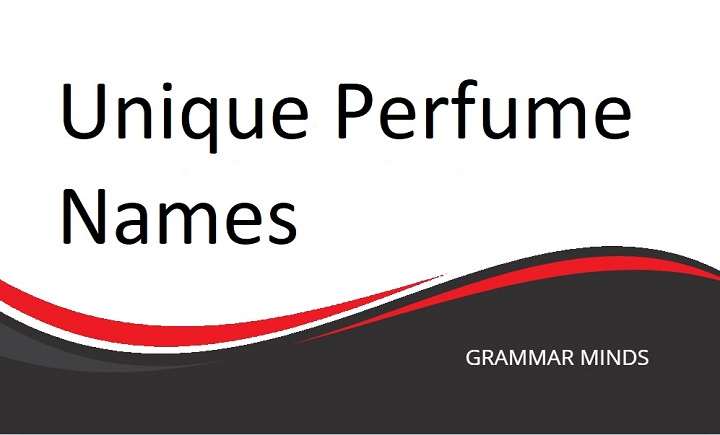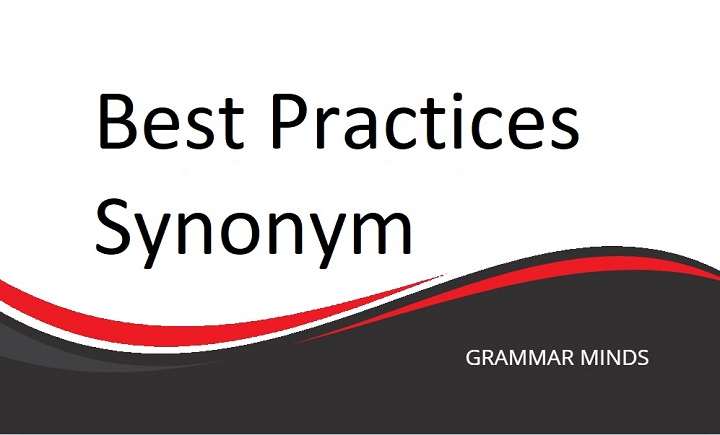Do you find yourself using the word “Sincerely” repeatedly when signing off on emails? While it’s a tried-and-true closing, constantly using the same phrase can make your emails feel monotonous or impersonal, especially in professional settings. You may start wondering if there’s a way to close your emails with more personality or formality without straying from professionalism.
Don’t worry! We’ve compiled a handy list of alternative phrases that you can use to mix things up and sound more varied and thoughtful in your email sign-offs. Whether you’re crafting a formal business email or a friendly message to a colleague, these alternatives will help elevate your communication.
Other Ways to Say “Sincerely”
- Best regards
- Kind regards
- Yours truly
- Warm regards
- Respectfully
- With appreciation
- Thank you
- Cordially
- All the best
- Take care
Key Notes
“Sincerely” is grammatically correct and suitable for both formal and informal situations. However, it can sometimes feel a bit basic and overused, particularly in professional settings where you want to stand out. By choosing the right alternative from the list above, you can add a touch of personalization and professionalism.
For example:
- “Best regards” is perfect for formal situations, especially in emails or corporate correspondence.
- “Warm regards” is slightly more personal and great for maintaining a professional tone while being a little friendlier.
- “Respectfully” is an excellent choice for hierarchical or legal communications where a tone of deference is required.
Keep reading to discover how to use these phrases in both formal and informal situations, and see real-life examples of how they can be applied.
Best Regards
Usage:
If you’re looking for a more formal way to say “Sincerely,” try using “Best regards.” This phrase is widely accepted in business communication and adds a touch of professionalism. It’s ideal for emails sent to colleagues, business partners, or superiors.
Example (in an email):
Dear Mr. Johnson,
Thank you for your assistance with the recent project. I appreciate your efforts and look forward to your feedback.
Best regards,
Your Name
When to use:
Use “Best regards” in formal emails where you want to leave a lasting impression while maintaining professionalism.
Kind Regards
Usage:
“Kind regards” is another polished yet slightly warmer alternative to “Sincerely.” It strikes a nice balance between professionalism and friendliness, making it ideal for clients or colleagues you have a good rapport with.
Example (in an email):
Dear Ms. Martinez,
I appreciate your input on the new marketing strategy and hope we can collaborate more in the future.
Kind regards,
Your Name
When to use:
“Kind regards” works well in emails where you want to show a respectful but amiable tone. It’s a good middle ground between formal and informal language.
Yours Truly
Usage:
This phrase is a more classic and slightly formal way to close an email, commonly used in more traditional settings. It’s less common today but still conveys respect and sincerity.
Example (in an email):
Dear Mr. Thompson,
Thank you for your time and assistance with the legal documents. I hope everything proceeds smoothly.
Yours truly,
Your Name
When to use:
“Yours truly” can be used when writing to someone in a senior position or in a highly formal or traditional environment.
Warm Regards
Usage:
“Warm regards” is a friendly and polite way to end an email. It’s especially useful when corresponding with people you already know or when you want to express a little more warmth while keeping it professional.
Example (in an email):
Dear Sarah,
I’m excited to collaborate on this new initiative! Let me know if you need anything from me.
Warm regards,
Your Name
When to use:
“Warm regards” is perfect for semi-formal emails where you want to maintain professionalism but also convey a friendly and approachable tone.
Respectfully
Usage:
“Respectfully” is an appropriate alternative when you need to show deference, such as in hierarchical or official communications. This sign-off is suitable for addressing higher authorities, legal professionals, or senior executives.
Example (in an email):
Dear Judge Wilson,
Thank you for considering my arguments in the case. I trust the matter will be resolved favorably.
Respectfully,
Your Name
When to use:
Use “Respectfully” in formal communications where respect and professionalism are key, such as in legal or governmental emails.
With Appreciation
Usage:
If you want to express gratitude, “With appreciation” is a thoughtful way to close an email. This phrase works best when thanking someone for their time, effort, or assistance.
Example (in an email):
Dear Mr. Lee,
Thank you so much for your guidance throughout this process. I couldn’t have done it without your expertise.
With appreciation,
Your Name
When to use:
Use “With appreciation” when you genuinely want to express thanks and close an email on a positive and grateful note.
Thank You
Usage:
“Thank you” is simple yet powerful and can be used in a wide range of situations. It adds a direct sense of gratitude, making it suitable for both formal and informal communications.
Example (in an email):
Dear Emily,
Thank you for your prompt response to my inquiry. I look forward to hearing from you soon.
Thank you,
Your Name
When to use:
“Thank you” can be used anytime you want to show appreciation without adding too much formality or complexity to the email.
Cordially
Usage:
“Cordially” is an excellent option for maintaining professionalism with a touch of politeness. It’s best used in formal business emails where you want to be polite but not overly familiar.
Example (in an email):
Dear Mr. Roberts,
I look forward to meeting with you to discuss the upcoming project.
Cordially,
Your Name
When to use:
Use “Cordially” in professional situations when you want to convey respect without sounding too formal.
All the Best
Usage:
“All the best” is a slightly informal but positive way to close an email. It conveys goodwill and is ideal for people you have a rapport with, whether in personal or professional contexts.
Example (in an email):
Hey Tom,
Thanks for helping out with the presentation. I’ll see you next week.
All the best,
Your Name
When to use:
Use “All the best” when writing to colleagues, friends, or business associates with whom you have a friendly working relationship.
Take Care
Usage:
“Take care” is a casual, friendly sign-off that’s more appropriate in informal communications. It’s perfect for emails sent to friends, family, or colleagues you’re close to.
Example (in an email):
Hey Amy,
It was great catching up today. Let’s grab lunch next week!
Take care,
Your Name
When to use:
Use “Take care” when writing to someone you know well or in more relaxed, personal communications.
Is It Correct to Say “Sincerely”?
Yes! “Sincerely” is grammatically correct and suitable for both formal and informal settings. It’s a versatile phrase that can be used in professional emails, conversations with colleagues, or casual chats with friends.
That being said, using synonyms like the ones we’ve listed above will help you mix up your language and sound more varied in your communication. You can also try slight variations of this phrase, such as:
- Sincerely yours
- Yours sincerely
- Very sincerely
Also Read
Have a Great Weekend Team: Alternative Ways to Keep It Fresh and Engaging
In conclusion, “Sincerely” is a perfectly acceptable and grammatically correct phrase, whether you’re using it in a formal or informal setting. However, by using these alternative phrases, you can diversify your vocabulary, add a personal touch, and ensure your communication is appropriate for different contexts. These sign-offs can help you leave a lasting impression and show that you’ve put thought into your correspondence.







